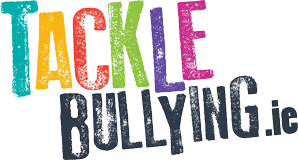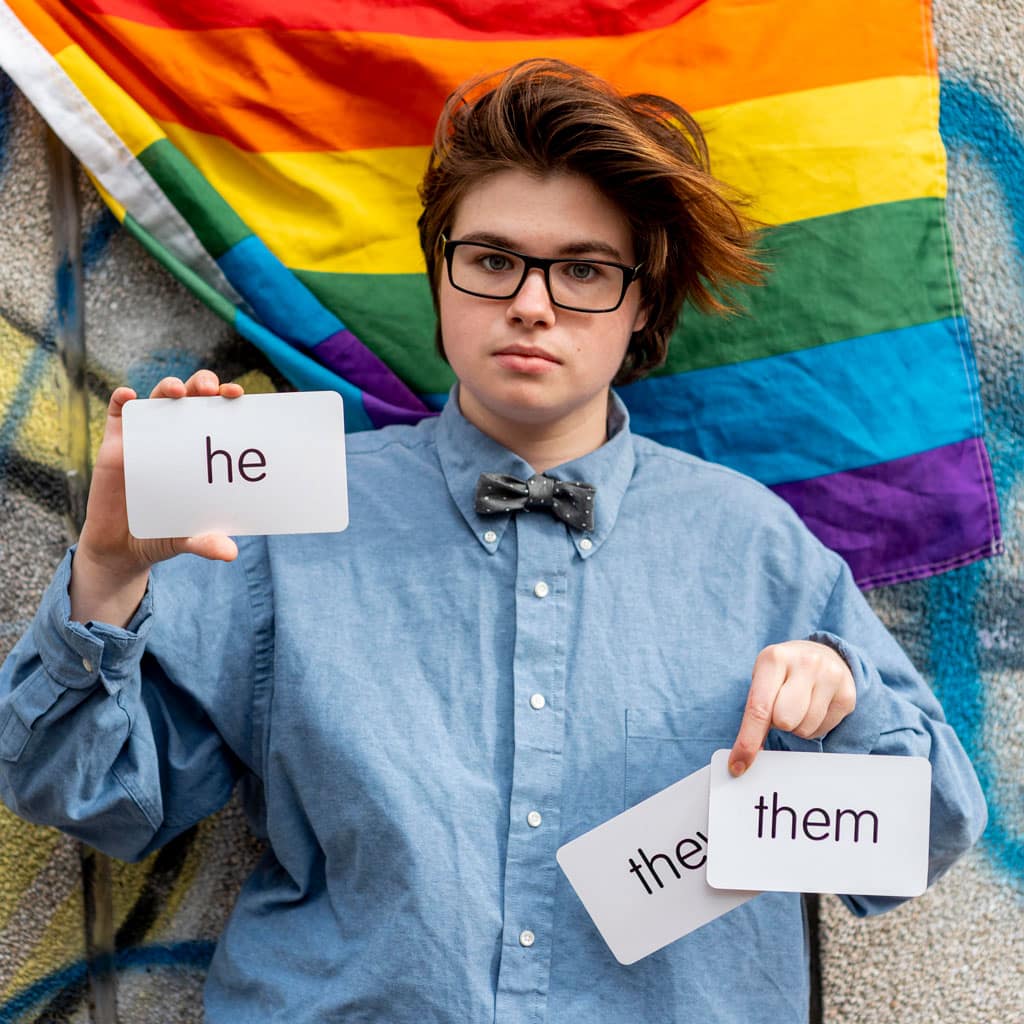What is a Pronoun?
Pronouns are words that take place in place of proper nouns (e.g., someone’s name). They are a crucial part of language and communication as we use it referring to someone instead of their name. For example, “Have you seen Tom? I was searching for him”. Here, ‘him’ is the pronoun.
Why Pronouns for the LGBTQIA+ community is important?
Pronouns are significant in the context of gender identity. Pronouns reflect their gender identity, and using the correct pronouns towards the person is a basic way to show respect and recognition.
In English, the most used pronouns are he/she or his/her. But for a trans person or non-binary or non-conforming person, these pronouns might not fit. Referring to the wrong pronoun might lead to anxiety or stressful situations.
When we use someone’s correct pronouns, we affirm their identity and show that we respect them.
How to Use Pronouns Correctly?
Using pronouns correctly involves several key practices that can be adapted to your daily life. Such activities can be like,
Ask and Respect: When meeting someone new, it’s respectful to ask for their pronouns. This can be done by simply saying, “Hi, my name is Jim, and my pronouns are he/his. What are yours?” This will also lead one to tell their preferred pronoun which can lead a conversation inclusively and responsibly.
Accept Your Mistakes Gracefully: One might mistakenly refer to the wrong pronoun, accept it gracefully, apologise, correct yourself, and proceed with the conversation. It is always nice to unlearn certain things and learn new things.
Respect Privacy: Not everyone may be ready to share their pronouns in all settings. Respect people’s privacy and use their correct pronouns in appropriate contexts.
Finally, Practice Makes Perfect: It may take time to start and get used to new pronouns, especially if they are different from what you have been in habit previously. Practising them is good to build your familiarity.
Understanding and using correct pronouns is a vital aspect of respecting others and fostering an inclusive environment. By engaging in activities and conversations about pronouns, families can learn together and support each other in becoming more inclusive and respectful of everyone’s identities.
This not only helps in personal growth but also contributes to creating a more understanding and compassionate society.

